Is organic turmeric powder good for you?
Turmeric, a vibrant yellow spice derived from the Curcuma longa plant, has been a staple in Asian cuisine and traditional medicine for centuries. In recent years, organic turmeric powder has gained significant attention for its potential health benefits. This article explores the advantages of organic turmeric powder, comparing it to regular varieties, and provides insights on how to incorporate it into your daily routine for maximum benefits.
Health Benefits of Organic Turmeric Powder
Powerful Anti-Inflammatory Properties
Organic turmeric powder contains curcumin, a compound renowned for its potent anti-inflammatory effects. Chronic inflammation is linked to various health issues, including heart disease, cancer, and neurodegenerative conditions. By incorporating organic turmeric powder into your diet, you may help combat inflammation and potentially reduce the risk of these ailments.
Antioxidant Powerhouse
The antioxidants in organic turmeric powder help neutralize free radicals—unstable molecules that can damage cells and contribute to oxidative stress. This protective effect may slow the aging process and reduce the risk of chronic diseases. With its high antioxidant content, organic turmeric powder is a valuable addition to a health-conscious diet, offering potential benefits for overall well-being and long-term health by supporting cellular protection and reducing oxidative damage.
Potential Cognitive Benefits
Research suggests that curcumin in organic turmeric powder may offer neuroprotective benefits. It could potentially enhance memory and reduce the risk of cognitive decline associated with aging. Although further studies are required, the preliminary findings are promising for those interested in supporting brain health. This natural compound shows potential in maintaining cognitive function and promoting long-term brain wellness.
Joint Health Support
Many individuals with joint issues have found relief by adding organic turmeric powder to their routine. The anti-inflammatory properties of curcumin may help reduce joint pain and stiffness, offering a natural alternative for those looking to support joint health. By addressing inflammation, organic turmeric powder can potentially improve mobility and provide comfort for those dealing with joint discomfort, making it a popular choice for maintaining joint function and overall well-being.

Why Choose Organic Turmeric Powder Over Regular?
Purity and Quality
Organic turmeric powder is produced without the use of synthetic pesticides, herbicides, or chemical fertilizers. This results in a purer product, free from potentially harmful residues. The USDA Certified Organic label ensures that strict standards are met throughout the cultivation and processing stages.
Higher Curcumin Content
Organic farming practices often lead to higher concentrations of beneficial compounds in plants. In the case of turmeric, this can mean a higher curcumin content in organic varieties compared to conventionally grown turmeric. More curcumin translates to potentially greater health benefits.
Environmental Sustainability
Choosing organic turmeric powder supports sustainable farming practices that prioritize soil health and biodiversity. By opting for organic, you're not only benefiting your health but also contributing to environmental conservation efforts.
Absence of Irradiation
Unlike conventional turmeric powders, organic varieties are not irradiated, which helps preserve the natural compounds in the turmeric. This ensures that the full spectrum of its benefits remains intact, offering a more potent and effective option. By maintaining its natural integrity, organic turmeric provides greater health benefits, including its anti-inflammatory and antioxidant properties, making it a superior choice for overall wellness.
How to Use Organic Turmeric Powder for Maximum Benefits?
Culinary Applications
Incorporate organic turmeric powder into your cooking to enhance both flavor and nutrition. Add it to curries, soups, rice dishes, and smoothies. For a comforting beverage, try making golden milk by mixing organic turmeric powder with warm plant-based milk and a pinch of black pepper.
Combine with Black Pepper
To boost the bioavailability of curcumin, always pair organic turmeric powder with black pepper. Piperine, a compound in black pepper, can enhance curcumin absorption by up to 2000%. This simple combination maximizes the potential benefits of your organic turmeric powder.
Create a Turmeric Paste
Make a concentrated turmeric paste by mixing organic turmeric powder with water and a small amount of black pepper. This paste can be stored in the refrigerator and easily added to various dishes or beverages throughout the week.
Supplement with Caution
While organic turmeric powder is generally safe when consumed in food, high-dose supplements may not be suitable for everyone. Consult with a healthcare professional before starting any new supplement regimen, especially if you have pre-existing health conditions or are taking medications.
Topical Applications
Organic turmeric powder can also be applied externally. You can create a face mask by mixing it with yogurt or honey to potentially brighten the skin. This natural remedy may help improve skin tone and promote a healthy glow. However, it's important to note that turmeric can stain both clothing and skin, so use it carefully to avoid unwanted discoloration. Always test on a small area first to ensure no adverse reactions.

Conclusion
In conclusion, organic turmeric powder offers a myriad of potential health benefits, from its anti-inflammatory properties to its antioxidant content. By choosing organic over regular turmeric powder, you're opting for a purer product that aligns with sustainable practices. Incorporating this golden spice into your daily routine can be both delicious and beneficial for your overall well-being. If you're interested in exploring high-quality organic turmeric powder or other natural herbal extracts, feel free to reach out to us at information@sxrebecca.com for more information.
References
1. Hewlings, S. J., & Kalman, D. S. (2017). Curcumin: A Review of Its Effects on Human Health. Foods, 6(10), 92.
2. Prasad, S., & Aggarwal, B. B. (2011). Turmeric, the Golden Spice: From Traditional Medicine to Modern Medicine. In Herbal Medicine: Biomolecular and Clinical Aspects. 2nd edition. CRC Press/Taylor & Francis.
3. Gupta, S. C., Patchva, S., & Aggarwal, B. B. (2013). Therapeutic Roles of Curcumin: Lessons Learned from Clinical Trials. The AAPS Journal, 15(1), 195-218.
4. Tayyem, R. F., Heath, D. D., Al-Delaimy, W. K., & Rock, C. L. (2006). Curcumin content of turmeric and curry powders. Nutrition and Cancer, 55(2), 126-131.
5. Shoba, G., Joy, D., Joseph, T., Majeed, M., Rajendran, R., & Srinivas, P. S. (1998). Influence of piperine on the pharmacokinetics of curcumin in animals and human volunteers. Planta Medica, 64(4), 353-356.
_1730691017423.webp)










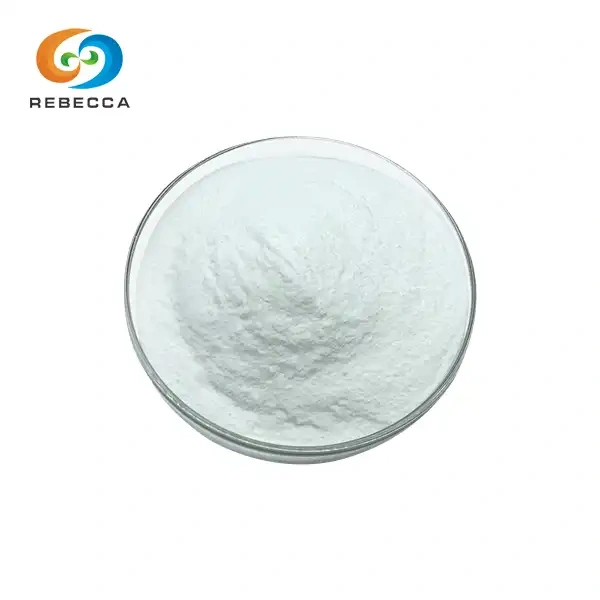
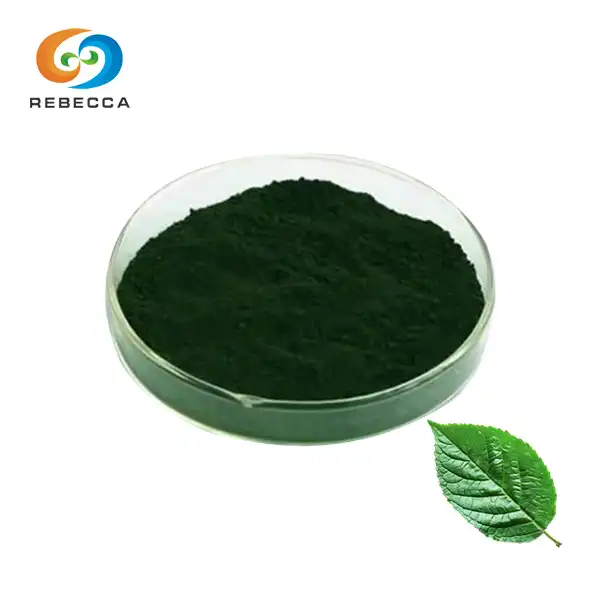
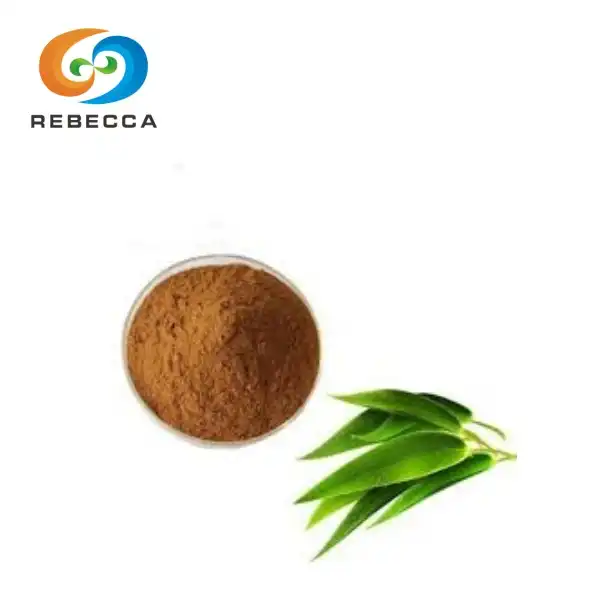
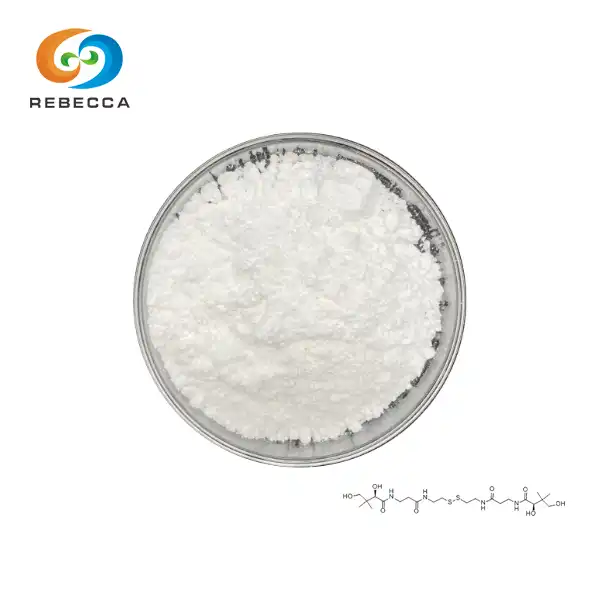
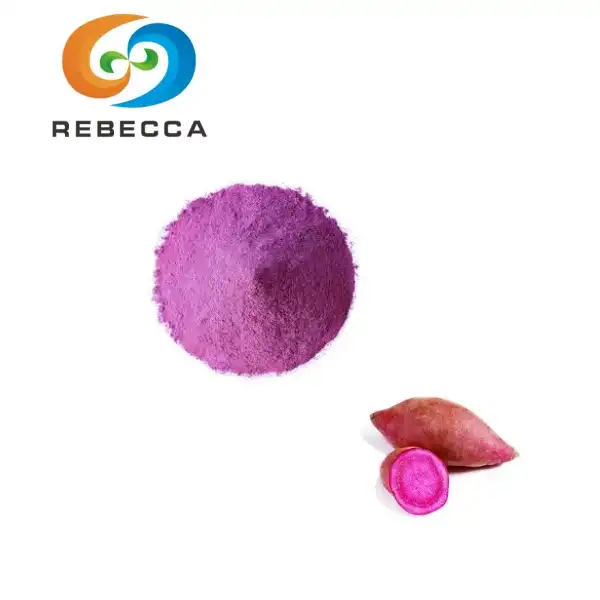


_1732614202057.webp)


